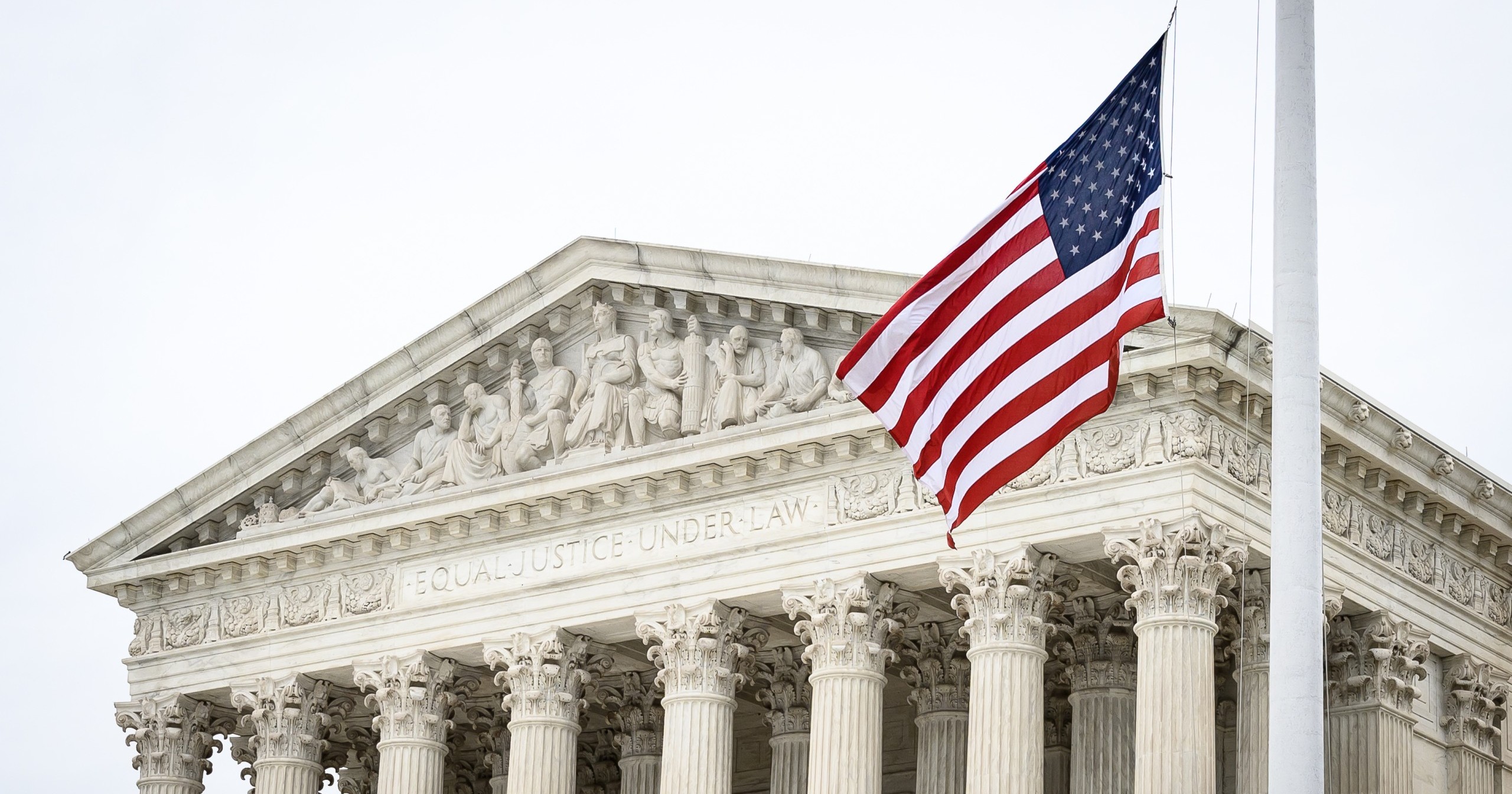
Colleges have a list of factors when considering applicants—should race be one of them?
While the Supreme Court precedent has been “yes” to that question for several decades—the Court recently decided to revisit affirmative action in regard to race in college admissions. Based on the Court’s conservative majority, many speculate that most or all of the precedents will be overruled. Challengers to affirmative action believe that such a decision would eliminate longstanding discrimination, whereas those in favor of it believe it would hinder diversity efforts not just in academic institutions, but America as a whole.
On Monday, the Court heard oral arguments over two separate cases, one against Harvard University and the other against the University of North Carolina, both filed by the Students for Fair Admissions (SFFA). SFFA maintains that affirmative action discriminates against students, particularly Asian Americans, whereas the universities claim that it brings in a more diverse student body.
In addition to academic excellence, Harvard and UNC assert that a diverse student body is key to success. They argue that along with examining the skills of an applicant, an admissions committee “need not ignore a candidate’s race any more than it does a candidate’s home state, national origin, family background, or special achievements.”
Many other colleges and universities, along with military schools, use a similar approach. Some business leaders have also echoed that eliminating race-based admissions could hinder the ability to have a more diverse workforce.
“One thing is clear,” said Maya Wiley, president, and CEO of The Leadership Conference Education Fund. “The future of our multiracial democracy is at stake. We must protect this vital tool for ensuring equal opportunity because we know college campuses that reflect the diversity of who we are as Americans make us stronger.”
On the other side, challengers to affirmative action believe that using race as a factor in admissions discriminates against certain students. The founder of SFFA, Edward Blum, has been a longstanding critic of affirmative action. He believes Asian Americans have been particularly hurt since they consistently have the highest test scores amongst any ethnic group. But, he argues that the current admissions policies cap the number of Asian Americans that can attend.
“The founding principles of our nation’s civil rights laws is the requirement that an individual’s race and ethnicity should not be used to help or harm them in their life’s endeavors,” Blum told the Washington Examiner. “We hope the Supreme Court forbids the use of race and ethnicity in college admissions and that the opinion will begin the restoration of our nation’s constitutional colorblind legal covenant.”
Both the challengers and defenders of affirmative action have been citing the Court’s 1954 decision in Brown v. Board of Education. One side argues that Brown intended for school admissions to be colorblind, whereas the other side says that it was necessary to see race to ensure equality.
According to Stanford professor Michael W. McConnell, both sides have an interesting point.
“The Brown opinion is profoundly ambiguous, and they are appealing to different aspects of the opinion, legitimately different aspects,” said McConnell. “Is it a case about not assigning on the basis of race or is it a case about making sure that African American schoolchildren get a fair shake in education?”
Newly-appointed Justice Ketanji Brown Jackson has removed herself from the Harvard case since she was on the Harvard Board of Overseers during part of the litigation. Otherwise, all justices will be part of both cases.
As to what’s next, it normally takes about three months for the Court to issue a decision. But the larger cases tend to take a little more time, so an official decision may not come until June 2023.
What do you think about race being a determining factor in the college admissions process?




